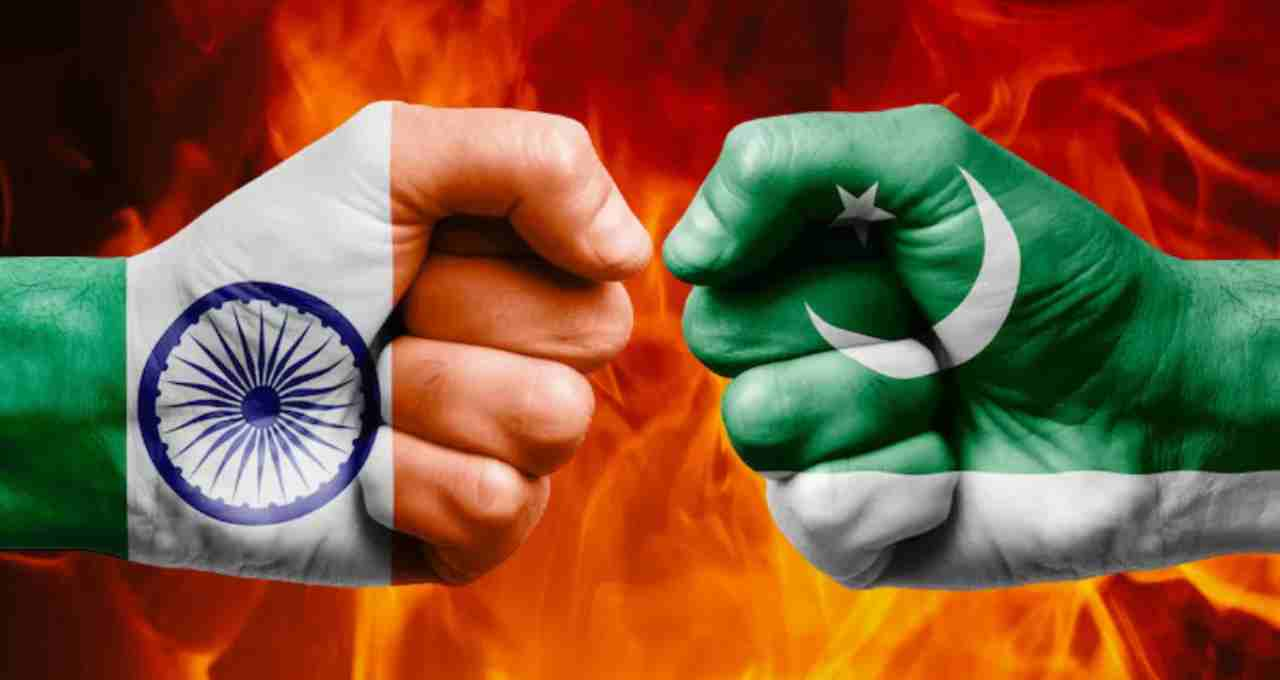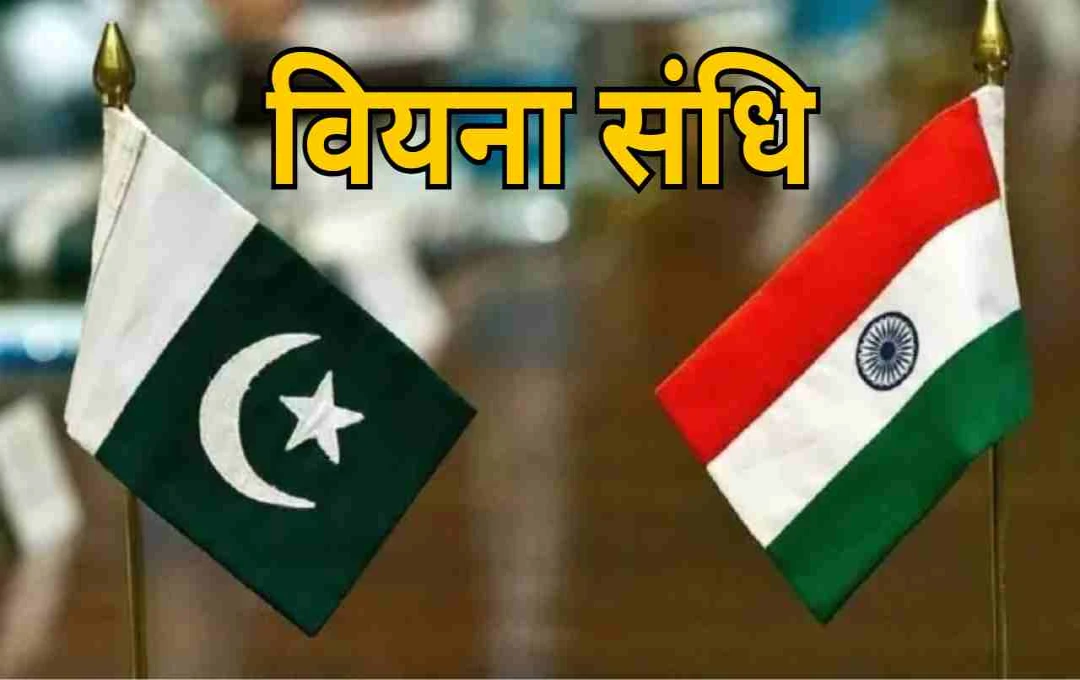Pakistan has stopped the supply of newspapers to the Indian High Commission in Islamabad. India has bly criticized this move, calling it a petty act by Pakistan.
New Delhi: Pakistan recently stopped the supply of newspapers to the Indian High Commission in Islamabad. India has termed this move a violation of the Vienna Convention and called it a "petty act." This dispute has once again brought the convention, considered the foundation of diplomatic relations globally, into the spotlight.
Let's understand what the Vienna Convention is, what rights diplomats are granted under it, and what agreements have been made between India and Pakistan on this subject.
What is the Vienna Convention?
The Vienna Convention on Diplomatic Relations was adopted in 1961 to create a clear international framework for mutual diplomatic relations and the operation of embassies between independent and sovereign countries. It was prepared by the International Law Commission under the United Nations. This convention was signed in Vienna (Austria) on April 18, 1961, and came into effect on April 24, 1964.
As of 2017, 191 countries around the world had signed it. This convention contains a total of 54 articles that define the rights and obligations of the host country and the diplomatic mission.
Key Provisions and Rights of Diplomats
The purpose of the Vienna Convention is to ensure that diplomats can fulfill their duties without fear or pressure. Under this, diplomats are granted the following key rights:
- Immunity from Arrest: The host country cannot arrest or detain any foreign diplomat within its territory.
- Customs & Tax Exemption: Diplomats and their families are not subject to customs duty or local taxes on their personal belongings.
- Security of the Embassy: The host country is obligated to ensure the security of the embassy. Entry into the embassy premises is not permitted without permission.
- Freedom of Diplomatic Communication: Diplomats have the right to unrestricted communication with their country, including diplomatic bags and couriers.
1963 Additional Convention – Consular Relations

Two years after the 1961 convention, the Vienna Convention on Consular Relations came into force in 1963. This convention defines the rights and duties of consular missions (Consulates) along with embassies. Some of its important provisions are:
- Article 31 – The host country cannot enter the consular office without permission and is responsible for its security.
- Article 36 – If a foreign national is arrested, the host country must immediately inform the embassy or consular mission of their country. This information must clearly state the arrested person's name, location, and reason for arrest.
National Security Exception and India-Pakistan Agreement
Although the Vienna Convention grants the right to consular access, there is an exception—in cases of national security, such as espionage, terrorism, or other serious crimes, the host country may limit this right. India and Pakistan made a bilateral agreement in 2008, under which both countries agreed to provide information and grant consular access within 90 days in cases of arrest of each other's citizens. However, this provision does not apply in national security matters.
India has termed Pakistan's move to stop the supply of newspapers to the Indian High Commission as a violation of the Vienna Convention. India says that this obstructs the right to information and freedom of functioning of diplomats. Under diplomatic protocol, the host country not only has to ensure the safety of diplomats but also has to provide them with the necessary facilities for daily tasks. Stopping the supply of newspapers, although it may seem like a small step, is a serious matter from the point of view of international law.
Importance of the Vienna Convention in a Global Context
The Vienna Convention is considered the backbone of international relations. Whether it is a case of diplomatic expulsion between the US and Russia, or an attack on an embassy in a European country—each time this convention provides a legal basis for resolving the dispute. Diplomatic immunity sometimes also causes controversy, especially when a diplomat is charged with a criminal offense. Nevertheless, this convention is essential for modern diplomacy because it secures the foundation of global communication and cooperation.












